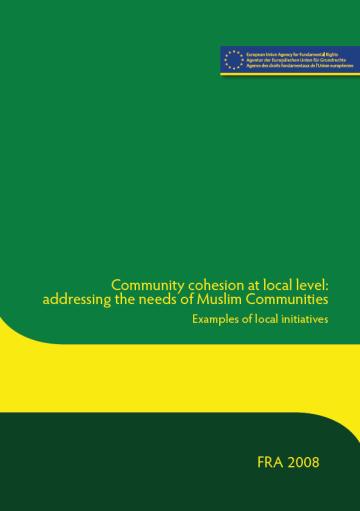4. člen Protokola št. 7 k EKČP se glasi:
`1. Pravosodni organi iste države ne smejo nikogar ne kazensko preganjati ne kaznovati za kaznivo dejanje, za katero je bil na podlagi zakona in v skladu s kazenskim postopkom te države s pravnomočno sodbo že oproščen ali obsojen.
2. Določbe prejšnjega odstavka ne preprečujejo obnove kazenskega postopka na podlagi zakona in skladno s kazenskim postopkom prizadete države, če obstajajo dokazi o novih ali na novo odkritih dejstvih ali pa če je v prejšnjih postopkih prišlo do bistvene napake, ki bi lahko vplivala na izid sojenja.
3. Določila tega člena se ne smejo derogirati s sklicevanjem na 15. člen Konvencije.`
Pravilo `non bis in idem` se uporablja v pravu Unije (glej med obsežno sodno prakso, sodbo Sodišča z dne 5. maja 1966 v združenih zadevah Gutmann proti Komisiji, 18/65 in 35/65, rec. 1966, str. 150 in za novejšo zadevo, sodbo Sodišča prve stopnje z dne 20. aprila 1999 v združenih zadevah Limburgse Vinyl Maatschappij NV proti Komisiji, T-305/94 in druge, rec. 1999, str. II-931). Pravilo o prepovedi kumulacije se nanaša na kumulacijo dveh kazni enake vrste, v tem primeru kazni, izrečene na kazenskem sodišču.
V skladu s členom 50 se pravilo `non bis in idem` ne uporablja zgolj v okviru sodne pristojnosti ene države, temveč tudi v okviru sodne pristojnosti več držav članic. To ustreza pravnemu redu Unije; glej člene 54 do 58 Konvencije o izvajanju schengenskega sporazuma in sodbo Sodišča z dne 11. februarja 2003 v zadevi Gözütok, C-187/01 rec. 2003, str. I-1345), člen 7 Konvencije o varstvu finančnih interesov Skupnosti in člen 10 Konvencije o boju proti korupciji. Zelo omejene izjeme v navedenih konvencijah, ki državam članicam omogočajo izjemo od pravila `non bis in idem`, so določene s horizontalno klavzulo člena 52(1) Listine o omejitvah. Kar zadeva primere iz 4. člena Protokola št. 7 EKČP, tj. uporabo načela v isti državi članici, ima zagotovljena pravica enak pomen in obseg kot ustrezna pravica v EKČP.

